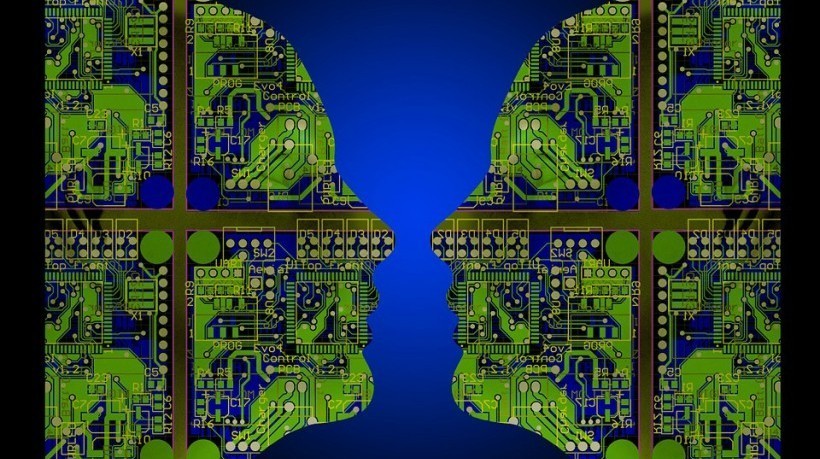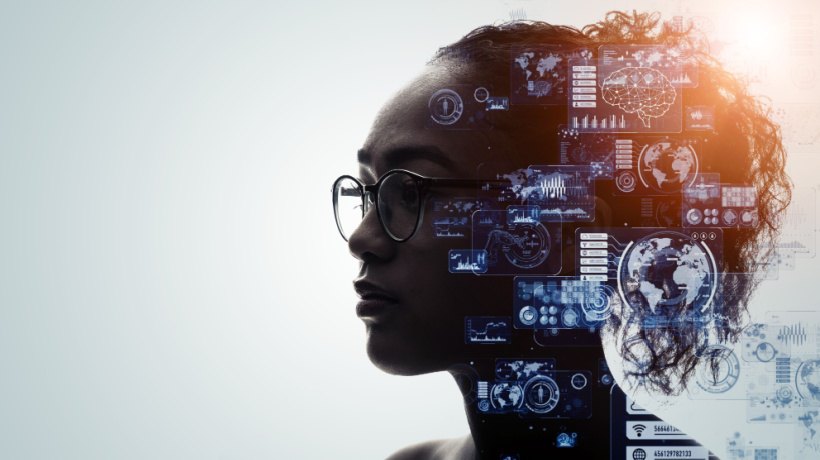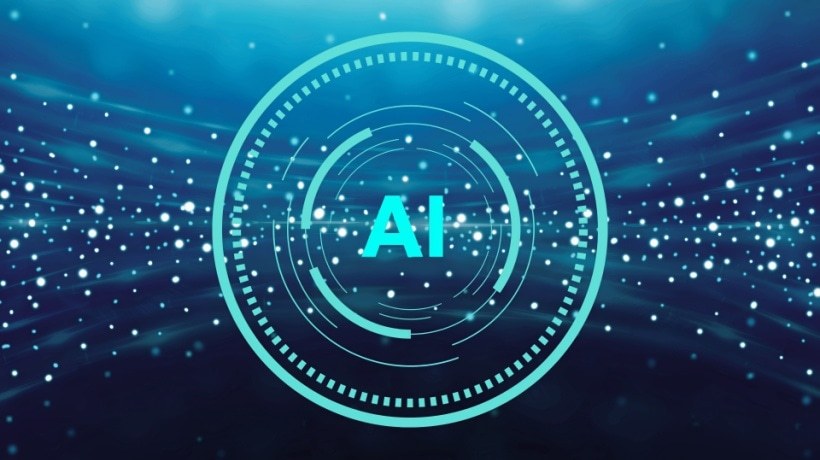Artificial Intelligence In eLearning
Futurists envision a doomsday scenario where robots rise up against us. But Artificial Intelligence and robots are not the same thing, and Artificial Intelligence software has quietly crept into many facets of our lives. Artificial Intelligence is used in computer games and in the software that helps us parallel park. Artificial Intelligence is about designing intelligent software that can analyze its environment and make intelligent choices for online learning. But what exactly could be the future of Artificial Intelligence in eLearning?
Analysis And Data
Imagine what's involved in making chess programs that can defeat a grandmaster, and you see what Artificial Intelligence is capable of; making data-driven analysis and decisions faster than a human can. Artificial Intelligence is already making a big impact on medicine and transportation, and is about to play a major role in education.
Cute little robots are already available that can use wi-fi technology to scour the internet and tutor your children. But these technologies can also be used to educate adults. Perhaps in the traditional brick-and-mortar colleges it's unlikely that robots will replace professors any time soon. But it's happening now in online schooling where the student is immersed in cyberspace. While software makes test-taking easy, how much is the online student really learning?
Teaching Software Is Adaptive
Adaptive learning has always been a part of the online experience in evaluating via pre-programmed tests. Adaptive learning is more about programs that branch out into different subroutines based on user responses. Real Artificial Intelligence software will do much more than that.
In the past it was more suited to logic such as mathematics which focused on sterile problem solving. The right answer was still more important than any process used to get there. It was necessary to find a way to adapt this kind of instruction to relationships, abstract concepts, and real-world use.
Artificial Intelligence Emphasizes Areas That Need improvement
Some more recent Artificial Intelligence teaching software is able to identify areas where students are deficient and focus on that content. Advanced versions can generate new problems from source material. These online systems actually generate better material and more comprehensive testing than typical classroom curriculum.
Artificial Intelligence Can Create Immersive Experiences, Not Lessons

Machine learning in artificial intelligence should be geared toward meaningful lessons, not simply passing a quiz. Artificial Intelligence systems are able to identify each student's needs and come up with models which focus on method and reason rather than bald facts.
AlphaGo is software developed by London's Google DeepMind to play the game Go, Go or Flip it is a classic strategy board game more complex than chess. It became the first Go program to beat a professional human player. Google's AlphaGo uses two types of Artificial Intelligence technology:
- Deep neural networks, where a 12-layer network of connections represents a policy network selecting the best possible move from its value in predicting the winner.
- The Monte Carlo tree search, where random moves are generated and simulations for the game that follows from them are analyzed to determine the most effective.
Such predictive logic and analysis can be adapted to a “game” where the goal is maximizing the students grasp of concept and problem solving. Students need to be challenged.
Cognitive load theory is the idea of mental effort as a learning experience. While this is difficult to quantify, designing Artificial Intelligence from templates and issues that are already quantified and tailored to accepted educational studies. Learning methods in artificial intelligence are not limited to presenting information and generic quizzes. The benefit of online services in education is that it's capable of going way beyond any text book.
Artificial Intelligence In eLearning: The Future

Access to all the information on the internet and Big Data analytics is actually a faster and more complex process than simply coming up with a new lesson plan. Educators may find themselves in the position of simply feeding results into databases and developing theories and algorithms for Artificial Intelligence to validate or dismiss. When it comes to eLearning, the best instructors really boil down to being the best software engineers. An introduction to Artificial Intelligence may be required for future educators.
The benefit of Artificial Intelligence comes from its ability to evaluate, learn, and adopt a dynamic strategy. Artificial Intelligence was able to analyze and come up with solutions for how to solve a snake cube puzzle, a mechanical game where a chain of 27 or 64 cubes connected by an elastic are arranged to form a 3x3 or 4x4 cube. Artificial Intelligence solves problems that baffle most humans.
While the current evaluation of educational techniques indicate that one-on-one instruction from a human tutor leads to better understanding than either classroom or online lessons. But that is not always possible for every student. And Artificial Intelligence in eLearning is still basically in its infancy. The future of artificial intelligence lies in its potential for making the most of all the elements that make eLearning so promising.
One of the best benefits of eLearning is that it allows students to learn at their own pace and explore new material turned up by simple searches. eLearning from an Artificial Intelligence tutor means that students are free to explore topics in depth, and test their knowledge in complex scenarios rather than simple right-or-wrong answers.
Some detractors may maintain that a computer is less “relatable”, but a computer's ability to reproduce human images and voices is child's play even now. Artificial Intelligence instructors that are more dedicated, more knowledgeable, and less error-prone than human instructors are coming. And given that charisma is not a pre-requisite for classroom instructors, Artificial Intelligence programs could be more relatable, after all.









